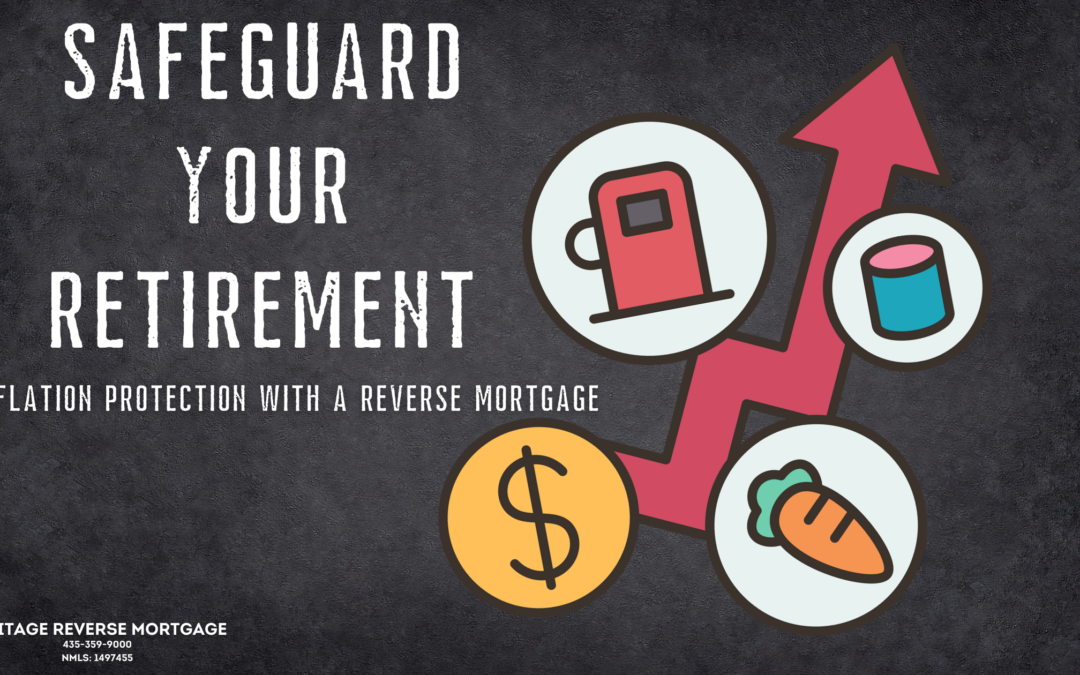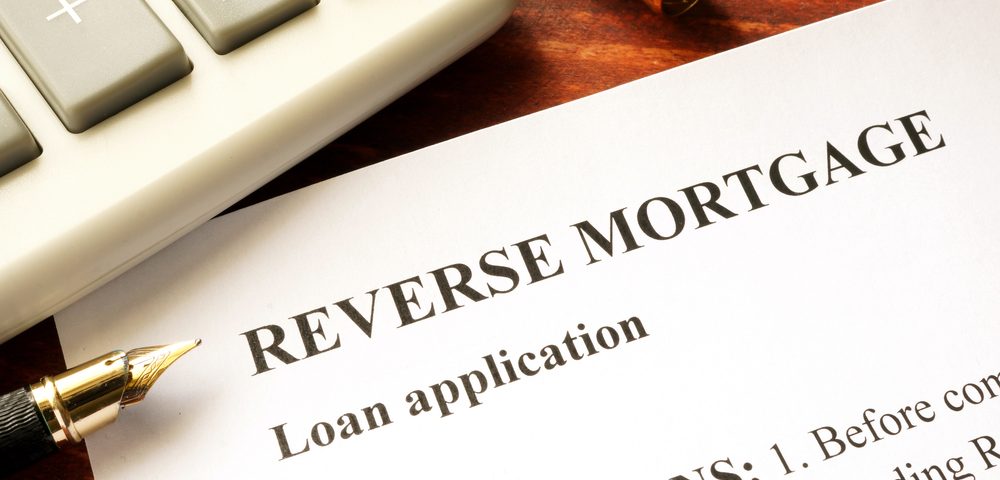Top Reasons to Purchase Reverse Mortgage for Homeowners Over 62
Top Reasons to Purchase Reverse Mortgage for Homeowners Over 62
Blog Article
Empower Your Retired Life: The Smart Way to Acquisition a Reverse Mortgage
As retired life techniques, numerous people seek reliable methods to enhance their economic independence and health. Among these approaches, a reverse home loan emerges as a viable choice for house owners aged 62 and older, allowing them to tap right into their home equity without the requirement of month-to-month repayments. While this economic tool supplies a number of advantages, including boosted money circulation and the prospective to cover important expenditures, it is important to recognize the complexities of the application procedure and key factors to consider included. The following steps might reveal exactly how you can make a well-informed choice that can considerably impact your retirement years.
Recognizing Reverse Home Loans
Comprehending reverse home mortgages can be crucial for property owners seeking monetary versatility in retirement. A reverse home loan is a monetary product that enables eligible property owners, normally aged 62 and older, to transform a part of their home equity into money. Unlike conventional home loans, where customers make regular monthly payments to a loan provider, reverse mortgages enable homeowners to receive payments or a lump sum while retaining possession of their residential property.
The quantity offered through a reverse mortgage depends on numerous variables, consisting of the house owner's age, the home's value, and current interest prices. Significantly, the finance does not need to be repaid till the home owner offers the home, leaves, or passes away.
It is necessary for prospective debtors to understand the effects of this monetary product, consisting of the effect on estate inheritance, tax obligation considerations, and ongoing duties associated to building maintenance, tax obligations, and insurance policy. Furthermore, counseling sessions with licensed experts are often called for to make certain that consumers totally comprehend the terms and problems of the funding. In general, an extensive understanding of reverse mortgages can empower property owners to make educated decisions regarding their economic future in retirement.
Advantages of a Reverse Mortgage
A reverse home mortgage uses numerous engaging advantages for eligible home owners, especially those in retired life. This economic tool allows elders to convert a part of their home equity into cash, supplying essential funds without the demand for regular monthly home loan repayments. The cash acquired can be utilized for numerous functions, such as covering medical expenses, making home renovations, or supplementing retirement earnings, thus boosting total financial flexibility.
One significant advantage of a reverse home loan is that it does not need payment up until the house owner leaves, sells the home, or dies - purchase reverse mortgage. This attribute makes it possible for senior citizens to preserve their way of living and meet unanticipated expenses without the burden of monthly settlements. In addition, the funds received are normally tax-free, allowing homeowners to utilize their cash without fear of tax obligation effects
In addition, a reverse home loan can supply assurance, knowing that it can offer as a financial safeguard throughout challenging times. Property owners also retain possession of their homes, ensuring they can continue residing in a familiar setting. Inevitably, a reverse home loan can be a tactical financial resource, encouraging retired people to manage their finances successfully while appreciating their golden years.
The Application Process
Browsing the application procedure for a reverse home mortgage is a crucial action for homeowners considering this financial option. The initial stage involves reviewing eligibility, which generally calls for the home owner to be at least 62 years of ages, own the home outright or have a low home loan balance, and inhabit the home as their primary house.
Once qualification is validated, house owners should go through a counseling session with a HUD-approved counselor. This session ensures that they completely understand the ramifications of a reverse home mortgage, consisting of the obligations included. purchase reverse mortgage. After finishing counseling, applicants can proceed to collect essential documents, including proof of revenue, assets, and the home's worth
The following step involves sending an application to a lender, who will certainly analyze the financial and building qualifications. An assessment of the home will certainly also be carried out to establish its market price. If authorized, the loan provider will certainly provide finance terms, which must be examined meticulously.
Upon approval, the closing process follows, where final papers are authorized, and funds are paid out. Understanding each phase of this application process can substantially improve the home owner's self-confidence and decision-making regarding reverse mortgages.

Trick Factors To Consider Before Purchasing
Investing in a reverse home loan is a significant economic decision that requires cautious consideration of numerous crucial elements. Reviewing your monetary needs and objectives is similarly important; determine whether a reverse home loan aligns with your lasting plans.

Additionally, analyze the effect on your present way of life. A reverse home loan can affect your qualification for specific federal government benefits, such as Medicaid. Look for expert support. Consulting with an economic expert or a real estate therapist can give beneficial understandings customized to your specific conditions. By extensively examining these considerations, you can make a more enlightened decision concerning whether a reverse home loan is the best economic approach for your retired life.
Making the Many of Your Funds
As soon as you have secured a reverse home loan, properly handling the funds comes to be a priority. The versatility of a reverse home mortgage enables house owners to make use of the funds in various means, yet calculated preparation is important to maximize their advantages.
One key approach is to create a budget plan that details your monthly expenses and financial objectives. By identifying needed costs such as health care, home taxes, and home upkeep, you can allot funds appropriately to make certain long-term sustainability. Furthermore, consider utilizing a portion of the funds for investments that can produce earnings or value gradually, such as common funds or dividend-paying supplies.
An additional important facet is to maintain a reserve. Setting apart a get from your reverse home loan can assist cover unexpected prices, supplying assurance and monetary security. In addition, talk to a monetary expert to explore feasible tax effects and how to integrate reverse mortgage funds into your overall retired life strategy.
Eventually, sensible administration of reverse mortgage funds can improve your economic security, enabling you to enjoy your retired life years without the tension of financial unpredictability. Mindful planning and informed decision-making will ensure that your funds work efficiently for you.
Final Thought
In final thought, a reverse home loan offers a feasible sites financial method for senior citizens seeking to enhance their retirement experience. By transforming home equity right into obtainable funds, people can deal with vital costs and protected added financial sources without incurring regular monthly payments.
Recognizing reverse home loans can be essential for home owners looking for monetary adaptability in retirement. A reverse home mortgage is an economic product that enables eligible property owners, usually aged 62 and older, to transform a portion of her response their home equity into cash. Unlike traditional home loans, where debtors make month-to-month settlements to a lending institution, reverse mortgages allow homeowners to obtain payments or a swelling sum while keeping ownership of their residential or commercial property.
Generally, a thorough understanding of reverse home loans can empower home owners to make educated choices concerning their economic future in retired life.
Consult with an economic expert to check out possible tax obligation ramifications and just how to incorporate reverse home loan funds right into your total retirement approach.
Report this page